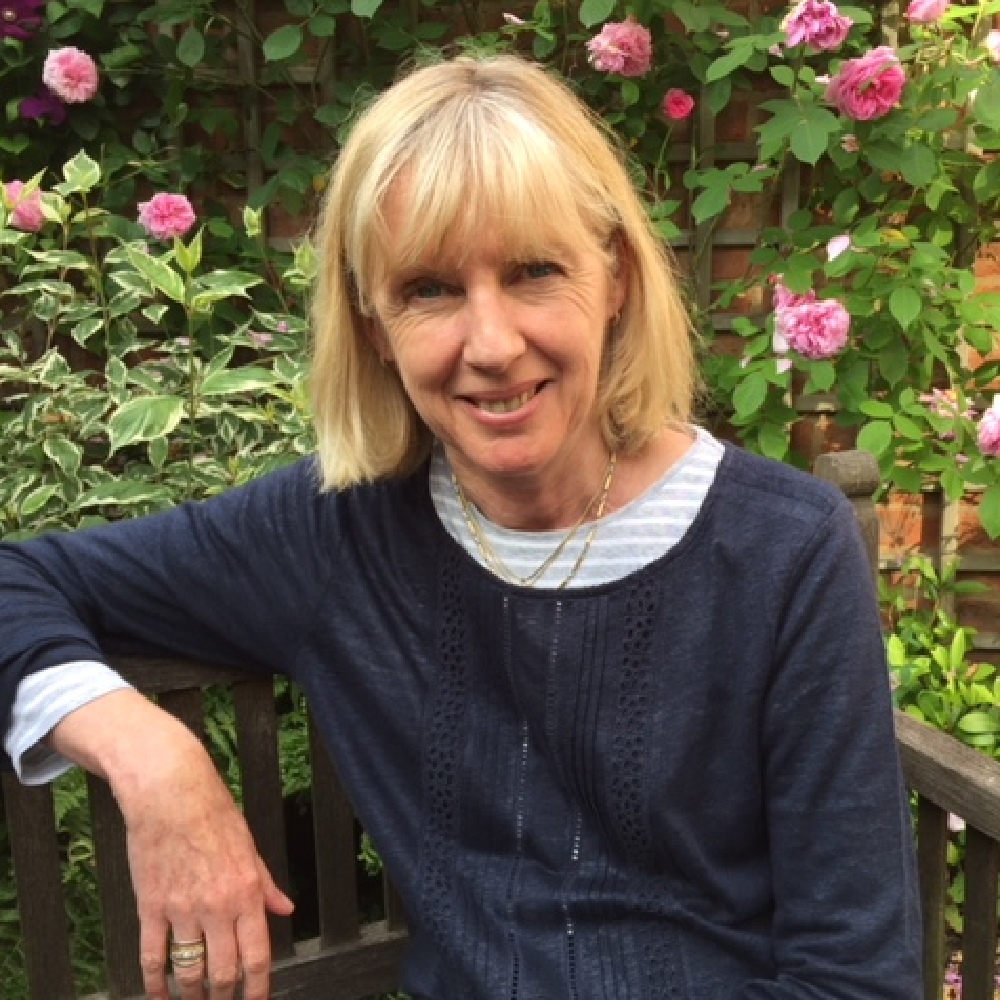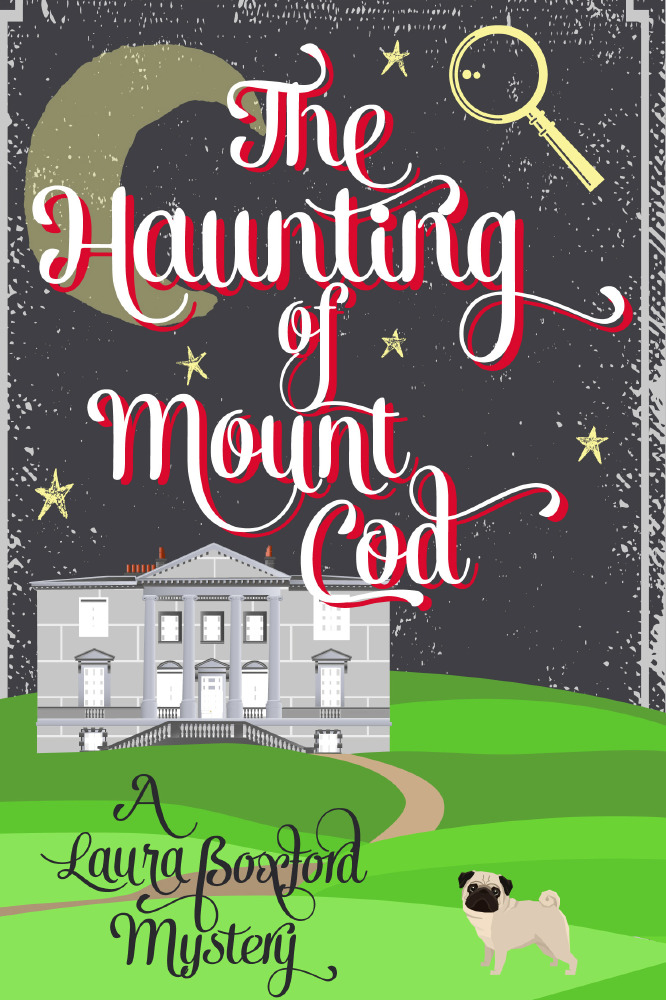You could say there’s never been a better time to be a female oldie. All that late middle-aged angst about being invisible is over. You can forget the anti-wrinkle serums that pulveriszed your bank account. No more need to painfully pluck…anything. Hair is good. You can change sex after all. If not you can take up skydiving; design your own gin and tonic; go Internet dating; cast aside those big pants and try a thong. You can indulge in a whole new range of experiences and not worry and that’s a good reason for books to portray old age in a positive light, it’s a reality of our times. I’m not saying that old age is always so rosy but in adversity when illness or infirmity hit, it can change a person’s mental state if they can gain enjoyment from reading something that brings a smile or reminds one about the good things in life like friendship, laughter or even making a fool of oneself.

Nicky Stratton
My recently widowed mother has Alzheimer’s. It’s quite bad now and she thinks my novel is called The Sound of Music. When I tell her it’s about old people, she says, ‘how ghastly,’ but we still laugh in the best tradition of black humour about her going, ‘batty.’ ‘I’m confused dot com,’ she say’s, or ‘the brakes are on when it comes to my brain.’ The plumber left a bill the other day and she said, ‘I can’t remember why he was here and it doesn’t help me having Alzheimer’s.’
Television is on the whole a great comfort to my mum. The repetitive formula of games shows and afternoon TV are spot on for those with memory loss. We joke about the pointlessness of Pointless.
I can still remember TV watershed moments from my childhood, Bill and Ben the Flowerpot Men; Dr Who; Top of the Pops. As I entered adolescence and the time I went to bed got later, I found myself watching more TV in the company of my parents. Then came the excruciating moments when sex reared its head unexpectedly, say in the middle of a film. An on screen kiss and both my parents and I, for differing reasons, would cringe with embarrassment.
Now in my sixties and my mother in her eighties, I find she and I are increasingly subject to the same degree of awkwardness when we sit down together to watch TV. It is brought about by the relentless and often ill-conceived coverage of old age and in particular, degenerative brain disorders. There is no escape from it. You can be innocently watching Country File and suddenly it’s featuring a campaign to introduce dogs into old people’s homes. We are told it is to help those, “suffering” with dementia. Then a crime series about drug traffickers will find the need to include an elderly vulnerable person being beaten up. Everything later in the day is randomly littered with negativity and items that are inadvertently actually frightening, and then it’s the news…and there’s still no cure in sight.
The programmers mean well but it doesn’t stop the sudden look of shock that cloud’s my mother’s expression on these occasions. It’s the same with newspapers.
This is where fiction can play its part. My mother can’t read a novel anymore but when she did, she liked to be transported into a world of fun and escapism. She also liked to be reminded of the good times. Nostalgia can be a very positive emotion. There was a reason for the success of shows like The Good Old Days and Last of the Summer Wine. I find many of my female friends feel the same. When it comes to reading, they often want something light and heart-warming. Something they can pick up that brings a smile to the face, not something that leaves them with a feeling of foreboding about what lies ahead. As my mother says, ‘old age is not for sissies,’ but that’s no reason to have to dwell on its inevitability.
One tends to forget the long tradition of portraying old age in an uplifting way through writing. Partly this is because of the success of film adaptations. The Best Exotic Marigold Hotel by Deborah Moggach was brilliant at conveying the feel-good factor as was Ronald Harwood’s Quartet.
And then of course there’s the most famous writer of the lot for characterizing older people, Agatha Christie. Although in todays terms Miss Marple may not fit into the category of old – in At Bertram’s Hotel she can be aged as being 74 – at the time of writing Agatha Christie was deliberately attributing her success as a sleuth in part to her longevity and consequent years of learning and acquired knowledge.
My mum too has years of experience that make her the well-rounded intelligent human being she is, it’s just she can’t remember much of it, but what she does is endlessly entertaining. Writing about old age in a positive way is a reaffirmation of the importance of respecting the generations that have gone before us. It is part of remembering that each of Shakespeare’s seven ages of man are relevant and should be embraced.


